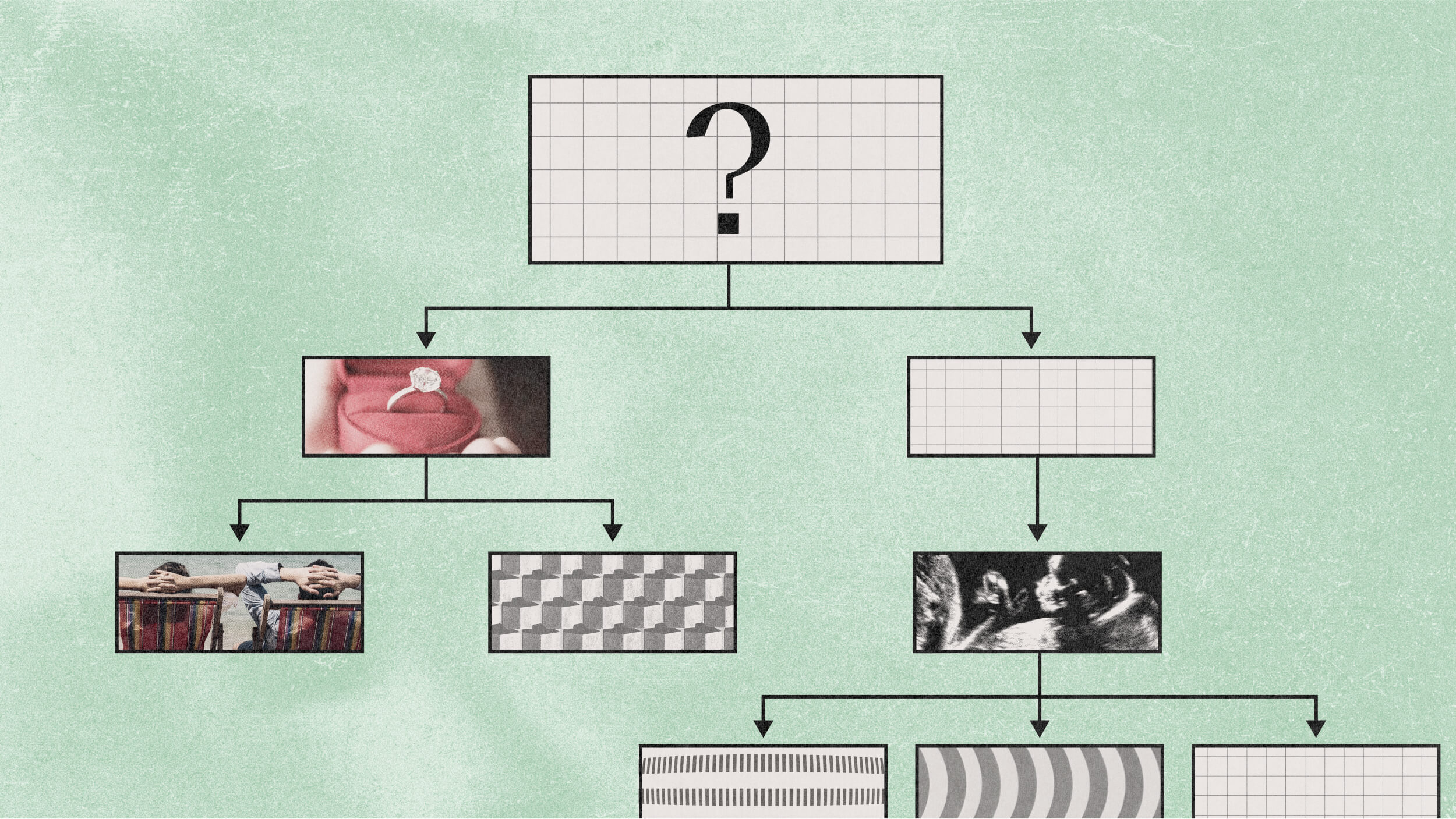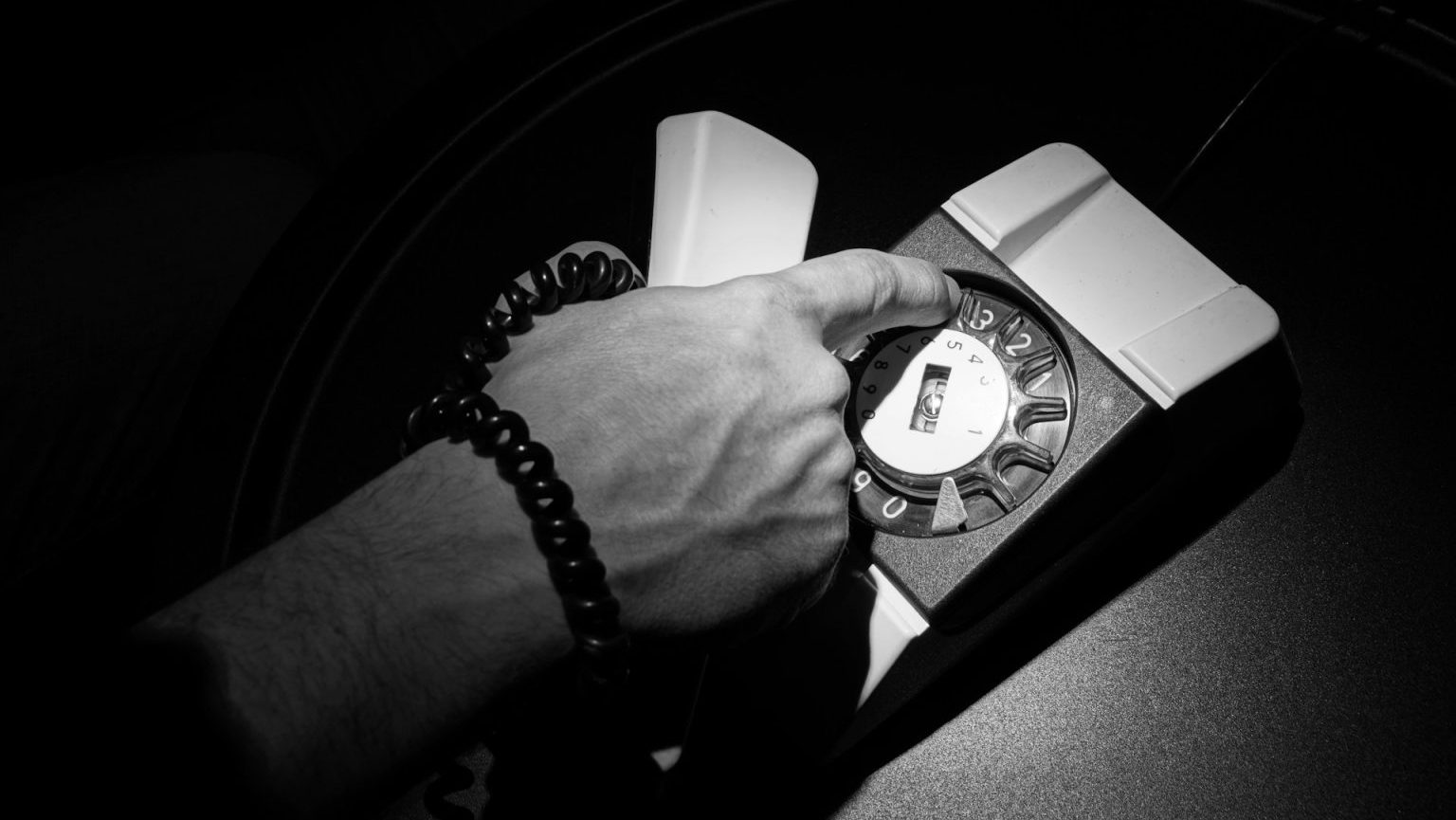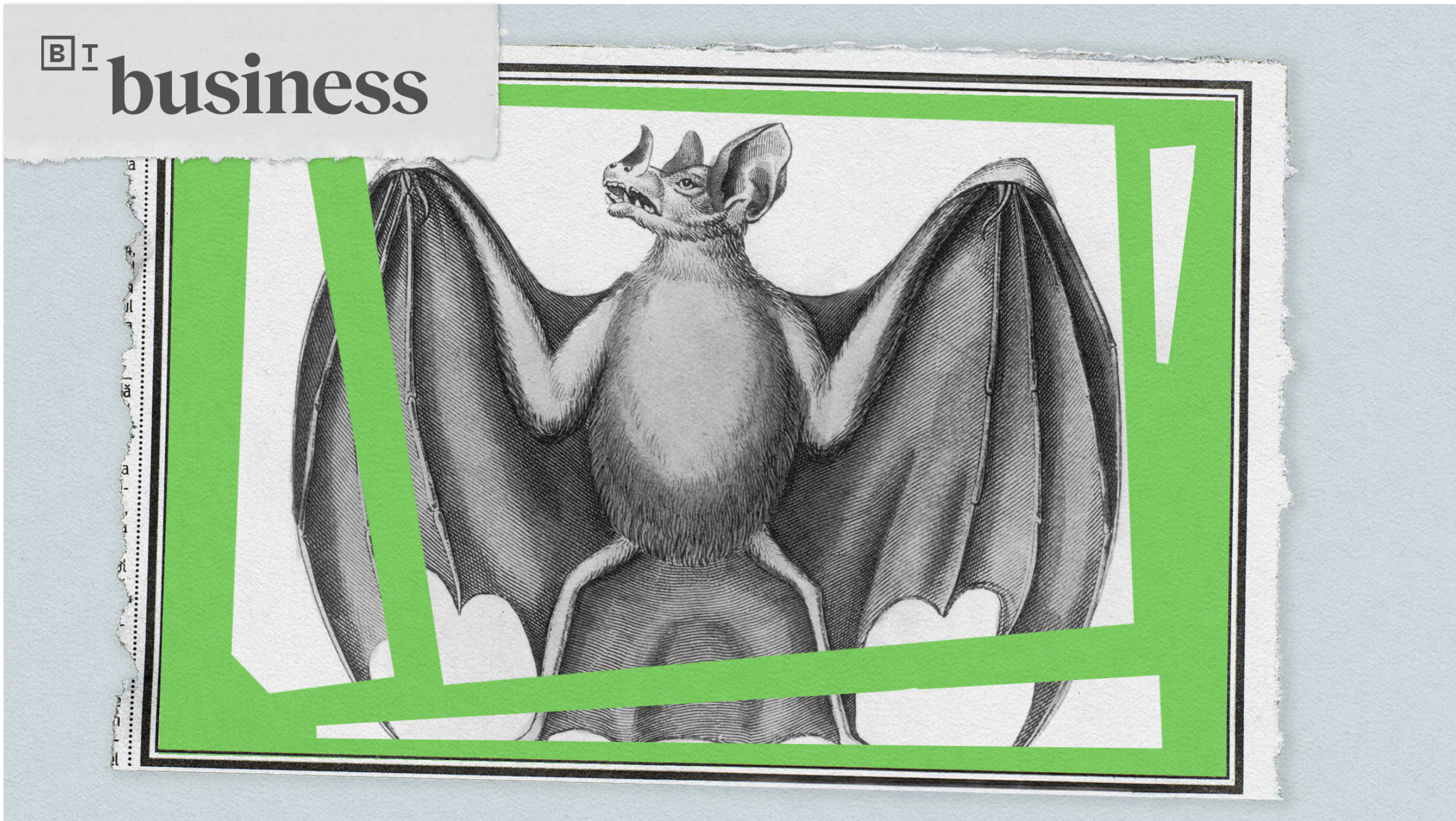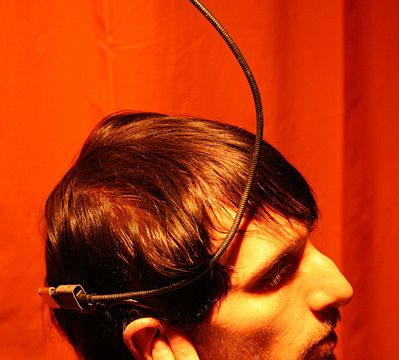How the Brain Makes Decisions
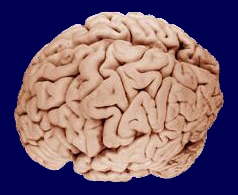
What’s the Latest Development?
When choosing between two options, for example, predicting who will win a sports competition, recent research shows that we will choose the side we are most familiar with despite being ignorant of the information needed to make a truly informed decision. What’s more, our association with the more familiar option is unconscious, i.e. it takes place before we are aware of which option is the more familiar one. Experimenters at Saarland University, Germany, detected that people’s brains begin associating with what is familiar to them as early as 300 to 450 milliseconds after someone is exposed to the familiar object.
What’s the Big Idea?
While siding with familiarity when we lack other information on which to base a decision may help us decide quickly and efficiently, it may not always lead us down the right path. Selecting the most familiar option may work against us when it comes to picking stocks, for example: “For the stock market, there is some reason to believe that the investment returns correlate negatively (and not positively) with the recognition of a company. A lot of companies involved in the credit crunch crisis actually had highly familiar names and this familiarity might have persuaded investors to rely on their products and stocks.”
